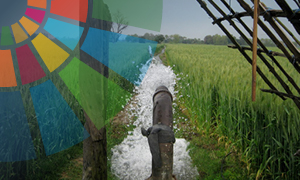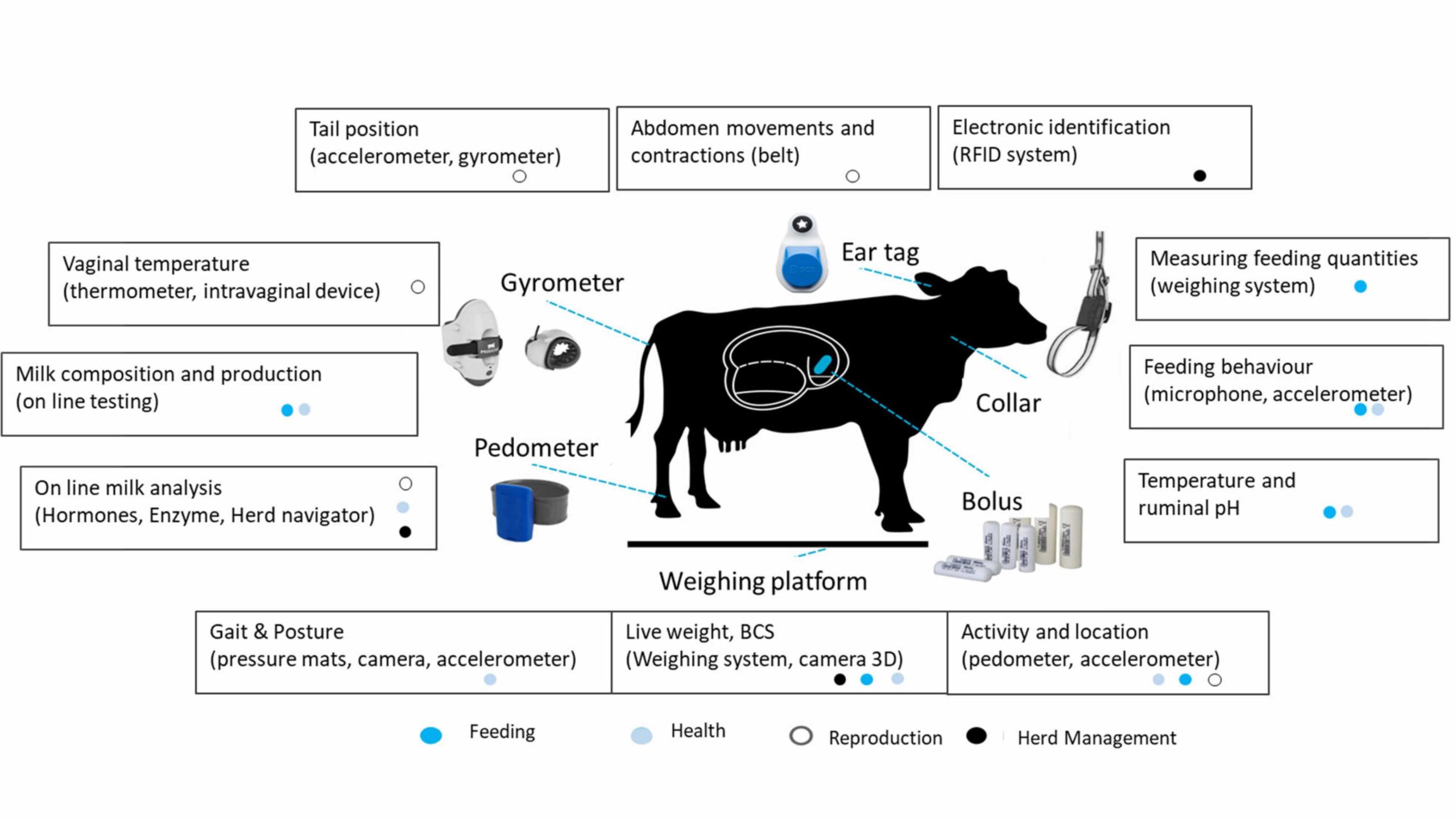Accelerating the development of sustainable groundwater use in Africa could be pivotal in the transformation of the continent’s food security and prosperity. This was the key message of a July 6 UN Food Systems Summit Science Days side event organized by the African Ministers’ Council on Water (AMCOW), along with IFPRI, the CGIAR Research Program on Water, Land and Ecosystems (WLE), the Namibia Ministry of Agriculture, Water and Land Reform, the Uganda Ministry of Water and Environment, and the International Water Management Institute (IWMI).
Groundwater can play a decisive role in improving Africa’s food security and nutrition, both of which are coming under increasing strain from climate change and population growth, participants agreed. “The volume of water stored underground in Africa is estimated to be 20 times greater than the freshwater stored in rivers and lakes,” Paul Orengoh and Moshood Tijani of AMCOW explained in their presentation. “Groundwater is a key resource for climate resilience, environmental protection and improving the socio-economic conditions of the populace.”
In agriculture, the single biggest impact of accelerated groundwater development would be an increase in productivity. This, in turn, would provide year-round incomes for a significant number of farmers, strengthening their resilience to climate change. Participants also stressed that improved access to groundwater for drinking, cooking, and sanitation would help fortify Africa’s food systems.
The event also explored the economic incentives for developing groundwater resources. James Thurlow and Angga Pradesha of IFPRI presented preliminary results of an economic simulation of accelerated groundwater use in Uganda, reporting that a doubling of investment in sustainable groundwater development could increase the country’s agricultural GDP by 7%, create 600,000 jobs, and lift half a million people out of poverty by 2030. If investment were increased five-fold, Uganda could increase its agricultural GDP by 10%, create 850,000 jobs, and lift 680,000 people out of poverty by 2030.
Tapping Africa’s vast groundwater reserves comes with various challenges, however, and groundwater development in the continent has been slow. If the rate of development is to accelerate, African countries and relevant actors need more information on the availability of groundwater and ways to maximize the benefits of groundwater use.
Groundwater development must be done sustainably if it is to provide long-term benefits for Africa’s food systems, said Bertram Swartz of the Namibia Ministry of Agriculture and Callist Tindimugaya of the Uganda Ministry of Water and Environment. To achieve this, participants stressed the importance of providing countries with the necessary tools to measure and assess their groundwater resources, noting that “we can only manage what we can measure.
To this point, IWMI’s Principal Researcher Karen Villholth added that sustainable groundwater initiatives must involve not only well developers, energy sources, and pump providers, but also agricultural extension services, financial services and complementary policies, which need to work in tandem to fulfill the continent’s groundwater potential and also to reduce the risk of overexploitation.
Claudia Ringler is Deputy Director of IFPRI’s Environment and Production Technology Division, and Deputy Director of the CGIAR Research Program on Water, Land, and Ecosystems (WLE). This post also appears on the WLE website.







